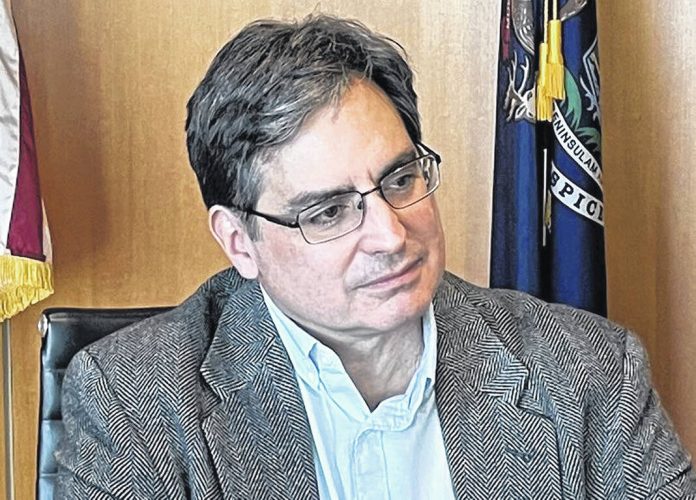The Consumer Financial Protection Bureau proposed new rules intended to curb overdraft fees. Reports indicate that banks have generated nearly $300 billion in overdraft fees over the past two decades. The proposed legislation is estimated to save account holders approximately $3.5 billion annually.
Unsurprisingly, the banks are not pleased with this proposal, arguing that the new rule will harm community banks and that surveys indicate that large majorities of account holders agree with the fees for one reason or another. No survey research is needed to conclude that all account holders would prefer lower fees, but the bank lobby does not ask this question.
Let’s examine why reducing the fees is justified despite account holders accepting the practice.
First, overdrafts are most common among lower-income households. With much of bill payment automated, it is commonplace that payments are dispersed despite absence of funds. Banks possess knowledge of balances, yet initiate payments that lead to fees imposed on customers.
Lower fees are a step in the right direction, but real consumer protection would prohibit banks from initiating transfers in the first place if funds are not available. Given the communications technology that exists, this is entirely possible and responsible behavior. Banks promote apps permitting customer to access account balances; so banks ought to do the same. While not an entirely fair comparison, folks don’t expect oncologists and cardiologists to hand a lit cigarette to patients, right?
Second, in the aftermath of the financial crisis, the Federal Reserve pumped trillions of dollars into the U.S. financial system to rescue the economy largely from the ill-advised practices of major banks and financial institutions. Unless held as cash by households, the trillions of dollars eventually return to banks. Accordingly, the banking system experienced an enormous increase in reserve balances.
It should be noted that the bailout is a contributing factor to the inflation that has gripped the attention of the Fed, if not the president and Congress. The influx of reserves made traditional tools of monetary policy ineffective and largely irrelevant, so the Fed introduced a new tool, interest on reserve balances.
In 2008, the Fed began to pay interest of reserve balances. This is significant because banks receive billions of dollars in risk-free income. I might note that billions in risk-free income was just what banks needed following the financial crisis, a crisis banks were instrumental in creating.
For the purposes of this essay, it is worth recalling that the Fed returns all remaining revenue to the U.S. Treasury after paying its operating expenses. In recent decades, scores of billions of dollars have been returned to the U.S. Treasury annually. The hundreds of billions of dollars returned to the U.S. Treasury are used to pay the bills of the federal government.
Now that the Fed pays interest on reserves, the U.S. Treasury must borrow the funds that the Fed once remitted. As any reader knows, the interest will be paid on the borrowed funds forever. Limiting the overdraft fees that are expected to save households $3.5 billion annually is small compensation for households paying the interest on trillions of dollars borrowed in perpetuity.
The banking sector is privileged. The banking sector is a necessary sector in the modern economy where electronic transfers have greatly reduced use of cash and checks. Banks receive billions of dollars in risk-free income from the Fed, monies that would otherwise offset federal deficits and borrowing. For the federal government to reclaim some of the revenue on behalf of account holders is entirely reasonable.
The next step ought to be how regulators can level the playing field for consumers who are unaware of bank fees in loans, for example. Reducing overdraft fees is a start, but more transparency will empower consumers and impose boundaries on banks that market competition has not.
David McClough is a professor of economics for the James F. Dicke College of Business at Ohio Northern University. His column does not necessarily reflect the opinion of The Lima News editorial board or AIM Media, owner of The Lima News.







